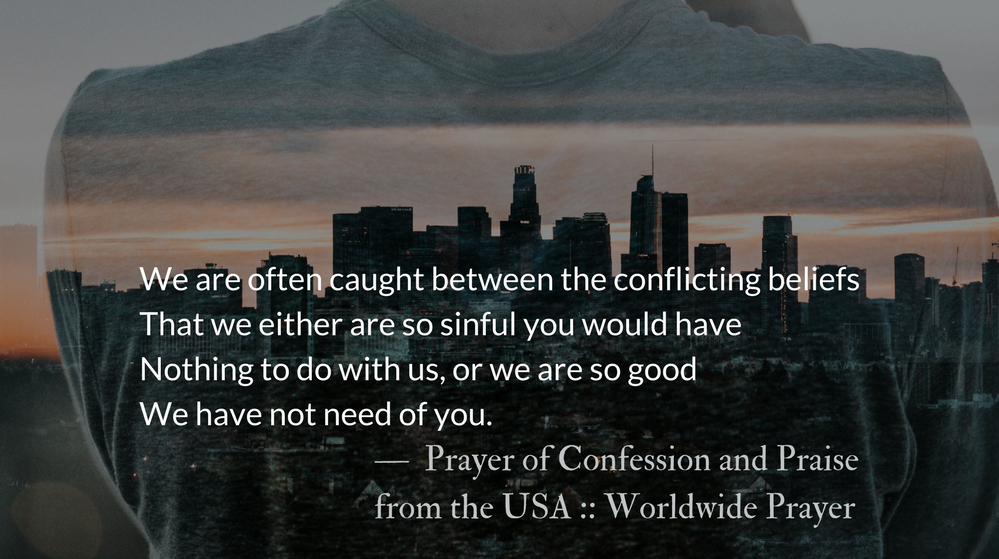Scripture: 1 Peter 1.17
Since you call on a Father who judges each person’s work impartially, live out your time as foreigners here in reverent fear.
Reflection: The Wrong Fear
By John Tillman
Christians have been taught that we are “living out our time as foreigners.” But in western culture, that was built on Christianity, it has been too easy to forget and too easy to feel at home right here in the world. But for the first time, some Christians are beginning to feel unwelcome.
This cannot be called persecution. It is at worst a loss of status.
Persecution of Christians around the world is more than murder, rape, and torture. In the countries in which Christians suffer the most, persecution is social and systemic.
It is this type of persecution—a systemic loss of legal rights and status—that scares Christians in the west more than facing down a knife attack, a rampaging truck, or a bullet.
This fear has made American Christians a paranoid and unpredictable group. Liable to believe fake news, liable to vote for candidates and support policies that two decades ago would have been inconceivable, and liable to turn on each other.
Nothing demonstrates our paranoia better than the increasingly divisive nature of religious dialogue. Progressive Christians blame conservative Christians for being dogmatic and mean-spirited. Conservatives blame progressives for abandoning central Christian teachings.
This is how people act when they are living in fear. But this is not the reverent fear of the Lord that Peter speaks of. That reverence is born out of love and leads to loving one another deeply, from the heart.
We live in fear that the Lord will let us suffer rather than rejoicing in that suffering as Peter instructs. We are living in fear that soon we will be considered the extremists—cast out from society.
The believers Peter was writing to were the losers and outcasts. They had literally been scattered from their homeland and cast out to the margins.
Christian thought has always been extremist thought. It is a revolutionary rejection of the world’s power structure. Jesus was crucified for extremist thought. It was Christian extremist thought that brought down slavery.
We need not fear being marginalized if we properly fear God. Christianity has done much of its best work from the margins.
It was from the margins that first century Christians won more than converts, they won the culture. Not by winning court cases or electing the right officials, but by demonstrating the extremity of God’s love that comes from the Gospel.
May God give us grace to follow their example.
Prayer: The Greeting
This is the Lord’s doing, and it is marvelous in our eyes. — Psalm 118.23
– Prayer from The Divine Hours: Prayers for Springtime by Phyllis Tickle.
Full prayer available online and in print.
Today’s Readings
Isaiah 13 (Listen – 3:11)
1 Peter 1 (Listen – 3:53)











